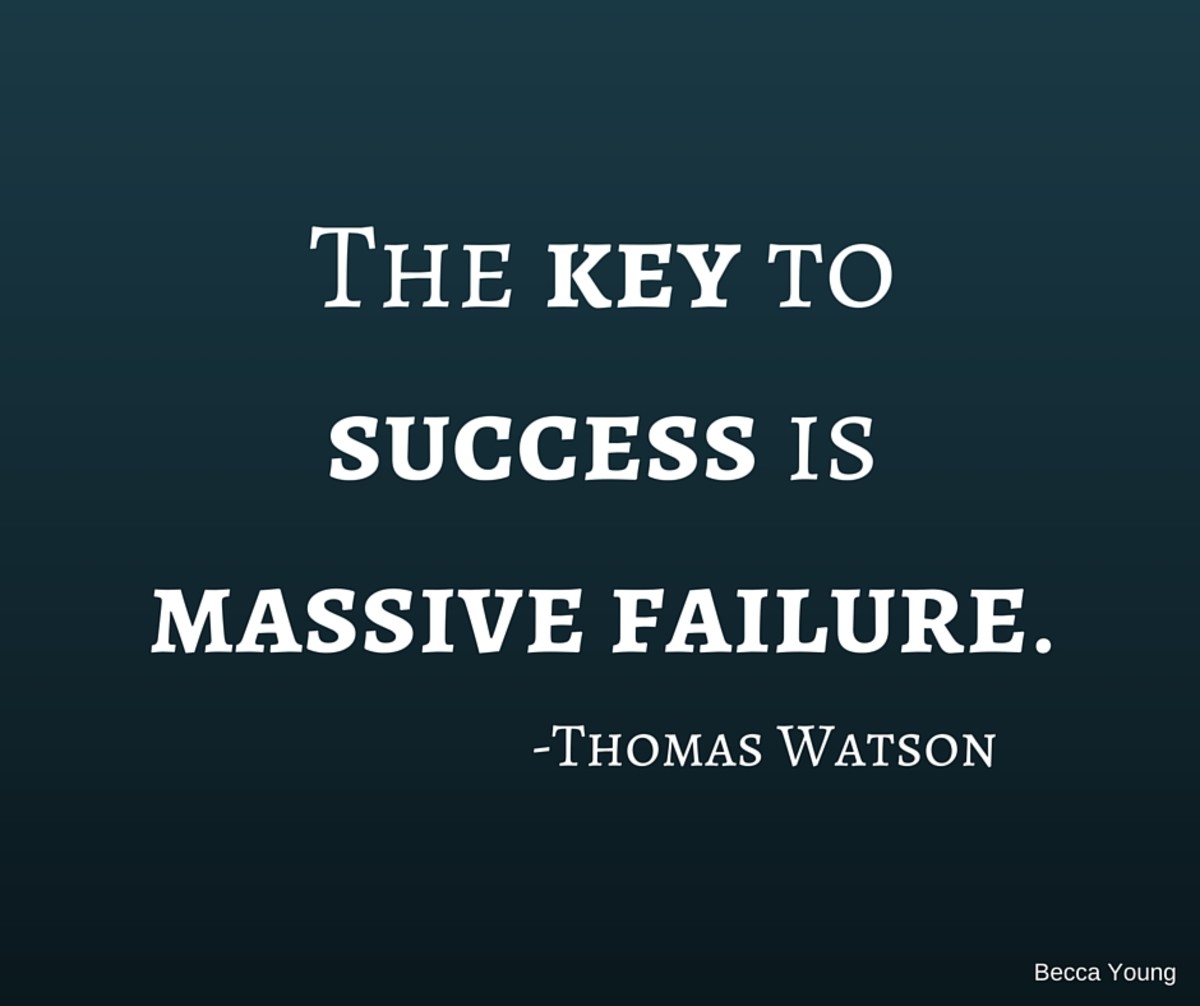The Two Questions to Ask If You Want the Honest Truth

© 2012 by Aurelio Locsin.
Your favorite niece delivers an unwatchable performance of “Juliet.” Your spouse bakes a cake that is tasteless and has the consistency of rubber. Or your beloved grandparent finishes a wretched oil painting and bestows it to you at your anniversary party. Each of them then asks you, the most terrifying of questions, “Do you like it?”
Or you’ve spent much of the past week honing a speech that you must deliver at a company meeting in two hours. So just before leaving for work, you practice it in front of your significant other. You’re a sensitive sort but want an “honest critique,” so you ask “What do you think?”
The Right Answer?
The problem with these two questions is that only one answer is possible, if you have any desire to maintain your current relationship. It’s always “I like it” or “how nice” or “well-done!” Unless the opinion comes from a troglodyte who isn’t worth having a relationship with.
Nobody wants to be the bearer of bad news especially when you know how hard someone has worked to achieve something. And you wonder in the back of your mind whether someone is actually asking for an honest critique or simply to have his effort validated. So, like the mother who beams at her toddler’s misshapen ashtray, you answer cheerily “I love it – really love it” when what you’re actually saying is “I acknowledge what you did and your effort was worthwhile.”
The Right Questions
You can’t control what other people ask. Neither can you get into their heads to find out what they really want to know. The best you can hope to do is fulfill the social contract that you both have signed.
So what do you do if you truly want an honest opinion because you want to improve your efforts. How do you open the door to an appraisal rather than a validation? Saying “really, tell me the truth” accuses the person of dishonesty and will only bring a more insistent response of “I am telling you the truth --- it’s really good.”
Rather than asking the standard “do you like it,” you can ask two simple questions, one right after the other: “What worked?” “What didn’t work?”
- The first query allows effusive praise from the respondent. It enables her to feel good by stating, in so many words, “I acknowledge your effort, which was very good.”
- The second question encourages her to speak honestly about some of the less successful parts of your effort. It lets her state things as a matter of personal opinion, rather than a factual statement of negativity. And it enables her to balance whatever bad she may hazard with the compliments she mentioned in her first response.
The result? Something you can use to do better next time.
Acknowledgment
As much as I’d like to claim credit for these two questions, they came from my first acting teacher, Norma Bowles, a wise and witty, always buoyant, utterly encouraging, and totally crazy woman. Her constant use of that query in her classes demanded honesty among all the students and allowed us to improve out abilities and grow with the critiques.
So now, it’s your turn.
What worked and what didn’t work about this writing? Please respond in comments.









